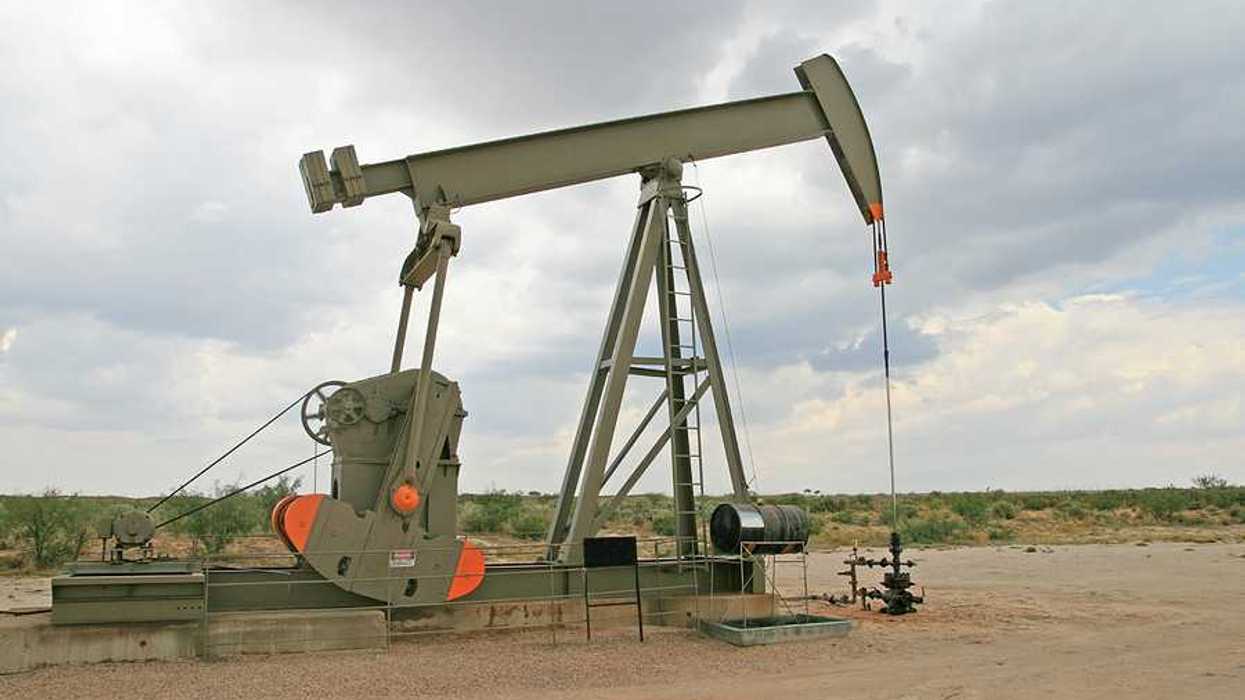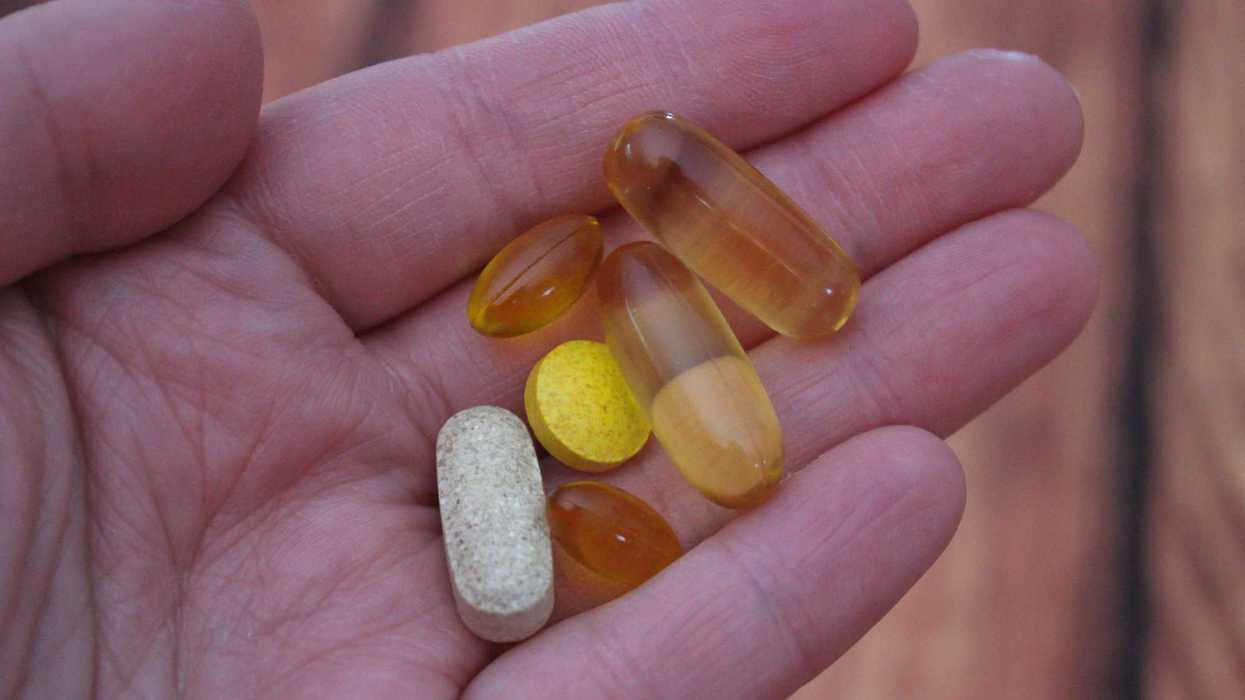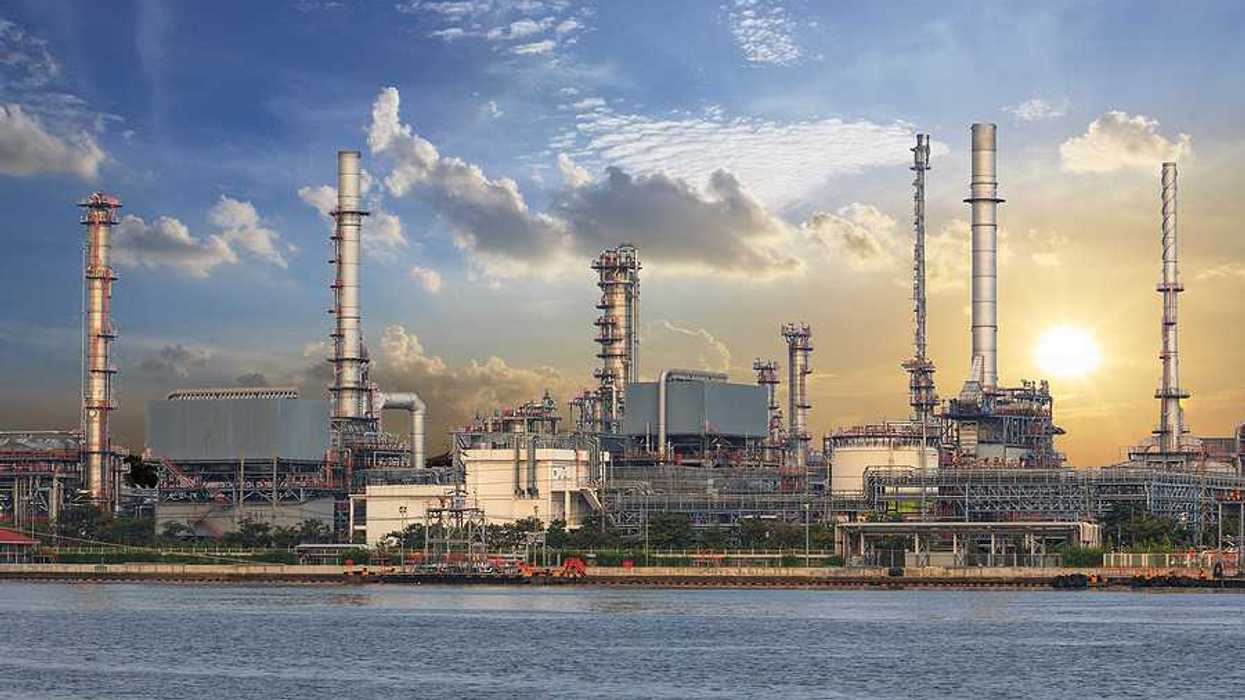Researchers argue that bioplastics, despite their plant-based origins, contain as many hazardous chemicals as their petroleum-based counterparts.
Alden Wicker reports for Mongabay.
In short:
- A 2020 study found no significant difference in the toxicity between bio-based and petroleum-based plastic products.
- Despite their eco-friendly image, bioplastics are not less toxic than traditional plastics due to the chemicals and additives used in their production, researchers argue.
- The global demand for regulation of bioplastics grows as they currently make up only a small fraction of the market but are expected to increase significantly.
Key quote:
"Most people don’t know about toxins in plastics, period. And even people that do work with plastics don’t know about toxins in bioplastics."
— Bethanie Almroth, professor of ecotoxicology and environmental science at the University of Gothenburg, Sweden.
Why this matters:
Bioplastics often require similar chemical processes and additives as petroleum-based plastics to achieve desired physical properties like strength, flexibility and durability. These processes can introduce a wide array of chemicals, many of which can be toxic. Although some bioplastics are marketed as biodegradable, they may require specific conditions to break down fully that are not always present in natural environments.














